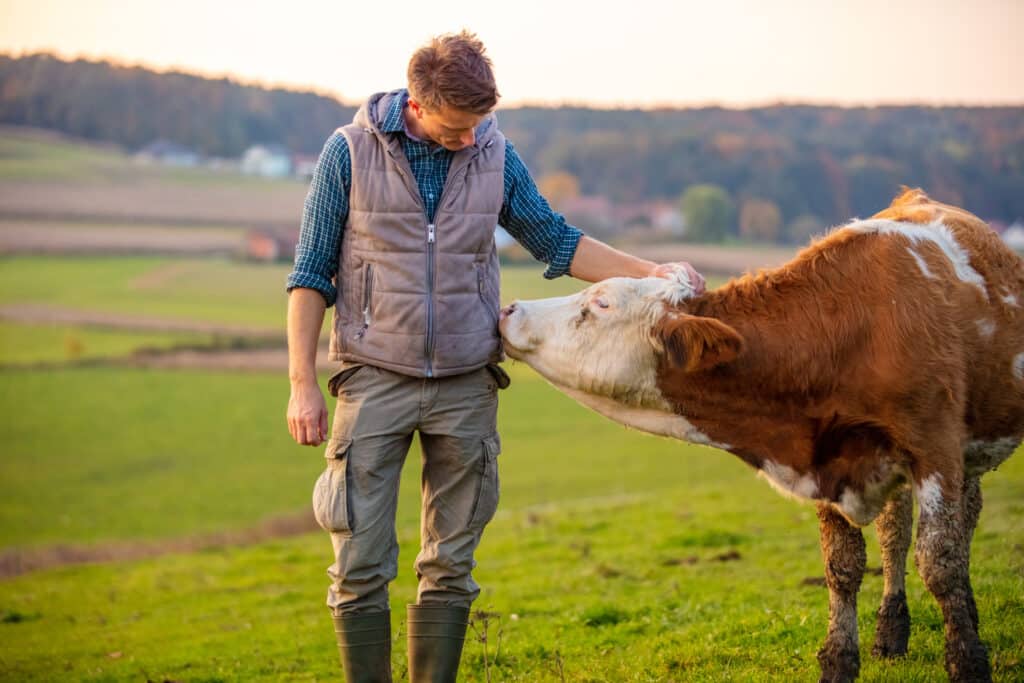By D. Scott Peterson, Renewable Natural Gas Developer working with Oregon dairies
Oregon is home to nearly 200 dairy farming families. Dairy farming is a sustainable industry that provides an opportunity to improve manure management and reduce greenhouse gas emissions.
A partnership between dairy farms and the renewable natural gas industry allows for dairy farms to create a carbon-negative operation. Renewable Natural Gas (RNG) and anaerobic digesters create a positive cycle of waste to energy.
There are multiple digesters that create renewable natural gas, however, most in Oregon are being built around dairy farms. Capturing methane out of the atmosphere from cow manure and waste allows for a carbon-negative product.
Dairy farmers responsibly collect waste from cows, capturing the greenhouse gasses and creating biogas which is turned into RNG that is then used to heat our homes or power the trucks we see on I-5.
Decomposing waste accounts for 26% of U.S. methane emissions. RNG is methane that has been collected from decomposition and the methane molecules are carbon negative. This process is decarbonizing not only the gas we use in our homes for cooking and heating but also by creating transportation fuel.
Dairy farmers right here in Salem are promoting a positive waste management solution by reducing greenhouse gas emissions and utilizing natural resources to combat climate change making the future greener for all Oregonians.
This article was originally published in the Statesman Journal

